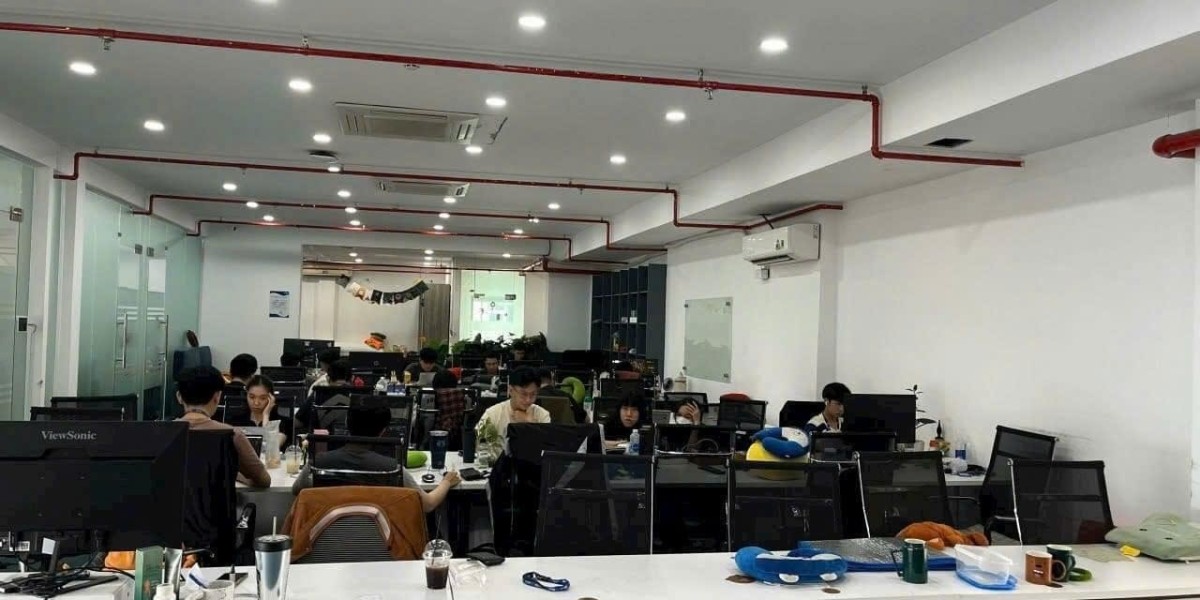Members of forums for social media girls are often at the forefront of these emerging topics. By interacting with like-minded individuals, members gain insights, inspiration, and new perspectives. Social media girls forums foster a supportive space where users can learn, grow, and celebrate personal achievements. Explore different social media girls forums by browsing platform directories or searching for forums that focus on specific topics, like fashion, wellness, or career growth. Many forums have unique themes, so finding the right one depends on your interests. Social Media Girls forums are online communities where women gather to discuss various topics like fashion, lifestyle, mental health, career advice, and more.
 Compared to their male peers, girls are feeling increasingly under pressure and facing harassment and abuse online. They’re censoring their posts and even leaving social media altogether, losing their voice in the digital space. The PLATO system was launched in 1960 at the University of Illinois and subsequently commercially marketed by Control Data Corporation.
Compared to their male peers, girls are feeling increasingly under pressure and facing harassment and abuse online. They’re censoring their posts and even leaving social media altogether, losing their voice in the digital space. The PLATO system was launched in 1960 at the University of Illinois and subsequently commercially marketed by Control Data Corporation.In this comprehensive article, we will delve into the best social media girls forums, exploring what makes them unique, the benefits they offer, and how they contribute to a more inclusive and supportive online community. A better approach, Nesi suggests, would be drilling down into specifics, asking specifically how and for which demographics of teen girls social media is having disproportionate negative mental health outcomes. In recent years, Social Media Girls have created a transformative presence online. From socialmediagirls forums to personal development discussions, these platforms serve as supportive communities where individuals connect, learn, and inspire. Social Media Girls forums play an essential role in fostering empowerment, offering users an accessible, supportive space to share insights, trends, and experiences. At particular times of our lives, we all feel unsatisfied, unloved, and unwanted.
ABOUT PEW RESEARCH CENTER Pew Research Center is a nonpartisan, nonadvocacy fact tank that informs the public about the issues, attitudes and trends shaping the world. The Center conducts public opinion polling, demographic research, computational social science research and other data-driven research. Pew Research Center is a subsidiary of The Pew Charitable Trusts, its primary funder. Social media has affected the way youth communicate, by introducing new forms of language.[226] Novel acronyms save time, as illustrated by "LOL", which is the ubiquitous shortcut for "laugh out loud". While adults were using social media before the COVID-19 pandemic, more started using it to stay socially connected and to get pandemic updates.
A survey by Pew Research Centre reveals that 97% of individuals between 13 to 17 years old are on at least one major SNS. Also, according to the American Academy Of Child And Adolescent Psychiatry (AACAP), 51% of youth use social media sites every day. And on average, teens have screen time of almost 9 hours on a daily basis. The typical study here asked hundreds or thousands of adolescents to report how much time they spend on social media, or digital media more generally, and then report something about their mental health. Of course, correlational studies can’t prove causation, but they are a first step; they tell us what goes with what, and then we can figure out which way the causal arrows go later. By creating an account, you acknowledge that ubc may share your information with our member stations and our respective service providers, and that you have read and understand the Privacy Policy and Terms of Use.





